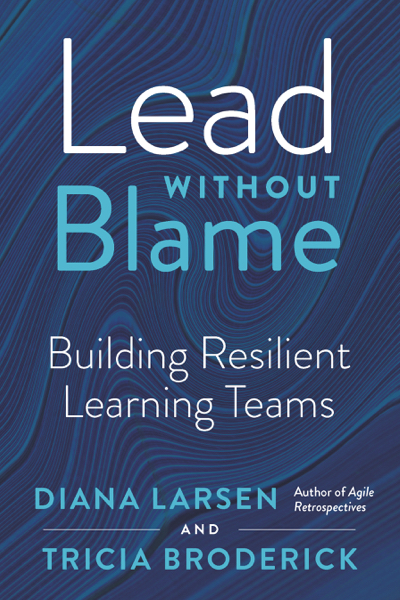After watching a webinar by Dr. Kendi on Anti-racism, his words of to the effect of this being the time to see whether we step up to the challenge and transform this word to be equitable – keep staying with me; how am I going to step up.
I’ve continued reading, researching, exploring and generally just trying to learn about how to be a better leader in creating underrepresented equity in the workplace. Luckily, I have access to a diversity and inclusion expert that recommended to the read the book Race Talk by Derald Wing Sue. I just finished the book and several key things have stood out to me:
- A good portion of this book is represented in other books – this one was written in 2015. He seems to be heavily cited in other books as well – so I’m gaining from the consistency of what I’m learning.
- There were sections of this book focused on dynamics between non-white beings that I was completely unaware of. For example, I never considered or thought about discrimination and bias towards the “model minority” label of Asians from other racial / ethnic identities. Totally makes sense as I read, but definitely highlighted my little bubble of privilege.
- The biggest thing that was really helpful for me (especially in how I can step up) is gaining a better understanding of the potential developmental phases of White racial identity development. As this work aligns and links with many previous models in my head for how humans react to change, orgs/systems respond to change, etc.
- Naivete: Naive curiosity about race – innocent, open and spontaneous regarding racial differences. Studies show this is pretty much completed by age 5. I’ve been referring to unexperienced/uneducated individuals as naive but this wasn’t the right association…unless that individual is a toddler.
- Conformity: Minimal awareness of being a White racial being – with a strong belief that everyone is created equal but the teachings lead people to act very different (grabbing my purse when a black person walks by without even consciously thinking about it). Denial is key in this phase of people being different and of discrimination existing and of personal bias. Democracy rules and is a level playing field – this phase can last a lifetime for someone. The next phase made me think about my approach in this phase being more supportive in the removal of the veil of denial which leads to cognitive dissonance.
- Dissonance: Aware of inconsistencies and trying to force them to make sense. For example, believing non-racist but against child marrying a BIPOC individual. This phase may make people feel guilt, shame, angry and even depression – leading sometimes to more rationalizations to avoid the discomfort. The challenge in this phase is moving forward to the next phase and not regressing back – this means support to challenge racism with encouragement and open conversations.
- Resistance and Immersion: Questioning and challenging one’s own racism gaining insights into their bias/discrimination – along with systematic racism awareness. The caution here is to not jump into protector role or over identification with the minority group – yet the fear of doing the wrong thing prevents furthering open conversations for deeper reflection and ability to be anti-racist. I’m now thinking of this “Ugh, I’m white” phase. The trick is to not get stuck here as this is not helping anyone. Necessary step but not the end goal.
- Introspection: Acknowledgement of racism (personally and systematically) but with acceptance and focus on altering their bias through education and experience, redefining Whiteness for the future, learn to use their privilege, and willingly engage in conversations. Most of my college and post college years were in the previous phase. I now realize I had been in this phase for a very long time in my little bubble – until about 2017.
- Integrative Awareness: value diversity, proactively challenge personal racism, greater comfort in engaging in conversations. What I didn’t respect what how much this phase requires support. It seems counter to what the goal is – helping others; but the reality is to help others, you have to be fueled. Trying to help redefine Whiteness is met with many obstacles in the early phases. I now realize that I very much took a “choose my battle” approach with where I was trying to be anti-racist. The neighbor, I’m down to confront the racism. The workplace, hmmm…is politics appropriate? All of that was pulling me back a previous phase not helping me truly achieve the goal of transforming this world to be equitable. I spent many years in that phase and only now trying to get to truly interrupt racism without constraints.
- Commitment to Antiracist Action: Consequent change in behavior and increased commitment towards eradicating oppression. Constant courage to correct injustice (as Senator Lewis said “good trouble”). Increasingly immune to social pressures for conformance and avoidance of taboo topics. I’m trying to get here and realizing how few people really are. Yet this is when equity will happen!
Aside from the traps I mentioned above already, I was not giving space for all the phases. The soak time needed to develop. My current challenging of myself – cannot ignore how long it took me to learn. And I do hope people learn faster than me but not by demanding people skip to the last phase. I believe this layout will really help me in my conversation approach and goals on a case by case basis especially in the workplace where our “bubbles” are forced to be different. This makes me think about how to best facilitate this conversation to allow that time and engagement for everyone.
Thank you Derald Wing Sue. I am grateful.
Pointed to a
Where do you fall in these phases?




